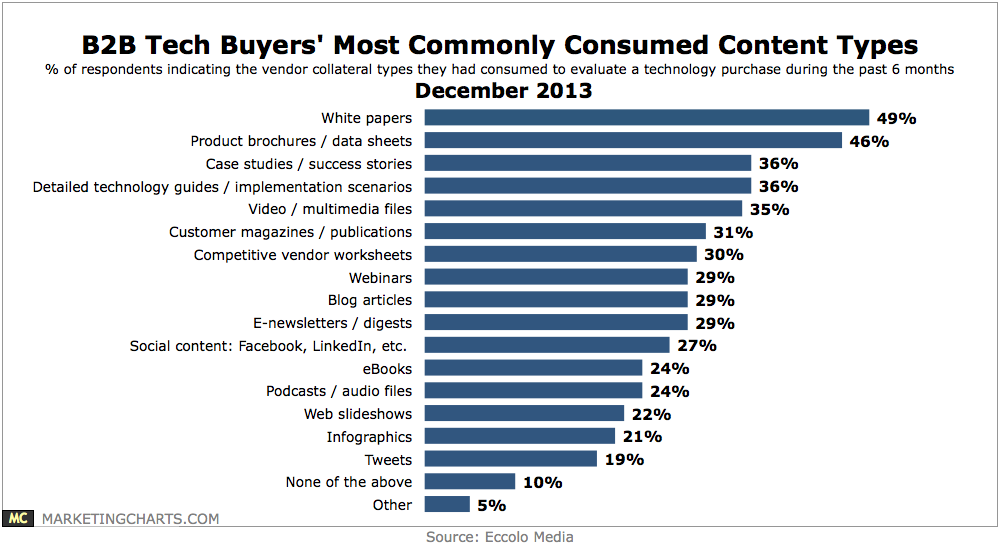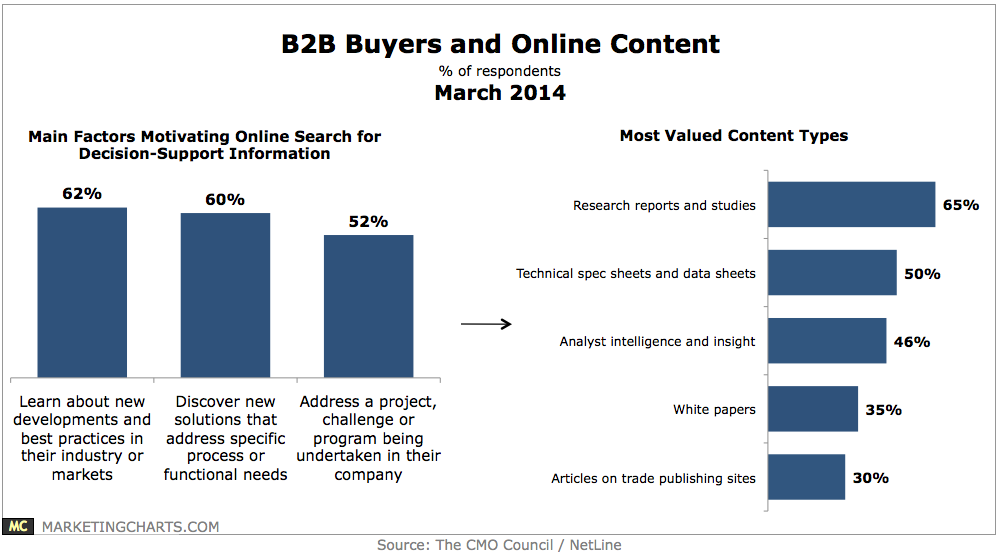
One of my favourite shows as of late is the TV series, Sherlock. It’s essentially a modern day version of the classic Sherlock Holmes in case you’ve never heard of it. Similar to Sherlock Holmes, marketers today are forced to solve complex problems by bringing together a handful of moving pieces such as insights and data. It’s the combination of these things that will differentiate between a successful program and a failure.
We’re always trying to solve the ongoing mystery of what content work best and what content marketing tactics are coming to an end. In a world where Google is devaluing the benefits of guest blogging and threatening a handful of techniques such as site syndications, it’s an interesting time to live in the digital marketing space. An interesting time, but also an exciting one.
It’s exciting because the marketers who understand and value their craft are able to stand out. The marketers who spend hours working to understand the technology and psychology of their consumers are able to be more effective. The marketers who are willing to put it all on the line and hustle to drive results are able to thrive.
Unlike advertising on TV or radio, there’s no cookie cutter approach to delivering and developing content that works. I really wish there was but what might work for one company will not always work for another. It’s this reality that makes content marketing so interesting yet so very difficult to thrive at. It’s this challenge that gets me excited yet causes anxiety in many marketers across the globe.
Content marketing has evolved in a short period of time and that evolution is forcing marketers to be smarter and take a more strategic approach to their efforts.
It’s no longer enough to use your gut instinct.
It’s no longer enough to make assumptions.
The best content marketers create their strategies and plans by leveraging content intelligence. The best marketers recognize that it’s the combination of quality craftsmanship in the form of writing and design with a layer of content intelligence that will lead to true content excellence. Here are a few insights that you can leverage to ensure that the content you develop and deliver is both strategic and effective:
B2B Buyers Want Industry & Product Driven Content
Aa report conducted by Eccolo Media studied trends as it relates to content marketing and the impact different types of content have on B2B tech buyers. The study found that white papers top the list as preferred content, with 49% of respondents claiming to have used them to evaluate a tech purchase in the prior 6 months. Close behind are product brochures and data sheets (46%), with those two types of assets clearly the most heavily consumed, ahead of case studies/success stories (36%), detailed tech guides/implementation scenarios (36%), and video/multimedia files (35%).
When creating content for B2B or enterprise companies, the content is meant to act as a sales tool. It’s this content that will be used by the sales team to nurture their existing relationships and establish new ones through lead generation.
B2B Buyers Want To Find Your Content Through Search
We know that Google is the king of search, but do you know the role it plays in your customers buying behavior? This report from The CMO Council revealed that the main motivator for B2B buyers online search is to learn about new developments and best practices in their industry or markets. Further, it highlighted that search is also used to discover new solutions that address specific process or functional needs.
The Psychology Behind Sharing Content
People don’t share content without reason. At the core, stories have been shared for centuries and social media has simply given people a platform to share more effectively. Over the last few years, there have been a handful of researchers studying the behavior of content sharing and the behavior insights they’ve uncovered are important for every marketer to understand.
According to research published by the New York Times, there were five key reasons people shared content they found online:
- To bring valuable & entertaining content to others
- To define ourselves to others
- To grow and nurture existing relationships
- Self fulfillment, to feel better about ones self.
- To get the word out about something they believe in
As marketers, we must deliver content that aligns with these motivators. It’s in doing so, that we’ll be able to ensure that the content we create delivers value and our audience feels is worth sharing. The moment we ignore the true reason behind why people share content, we begin to put forward assumptions and make decisions that are based on fluff rather than logic.
Conclusion
If you are looking to increase your the effectiveness of your content marketing efforts, you need to embrace content intelligence. It’s content intelligence that will truly ensure that you stand out from the crowd and create content worth sharing. In my opinion, Jessica Lee said it best, Quality Content Begins with Quality Research.
That’s where you need to start.
From there, you should be on your way to developing a content marketing strategy that works and drives results. If you’re looking to take your content efforts even further, check out my Guide to Content Marketing as it delivers a series insights and knowledge that will take your content marketing efforts to the next level.


